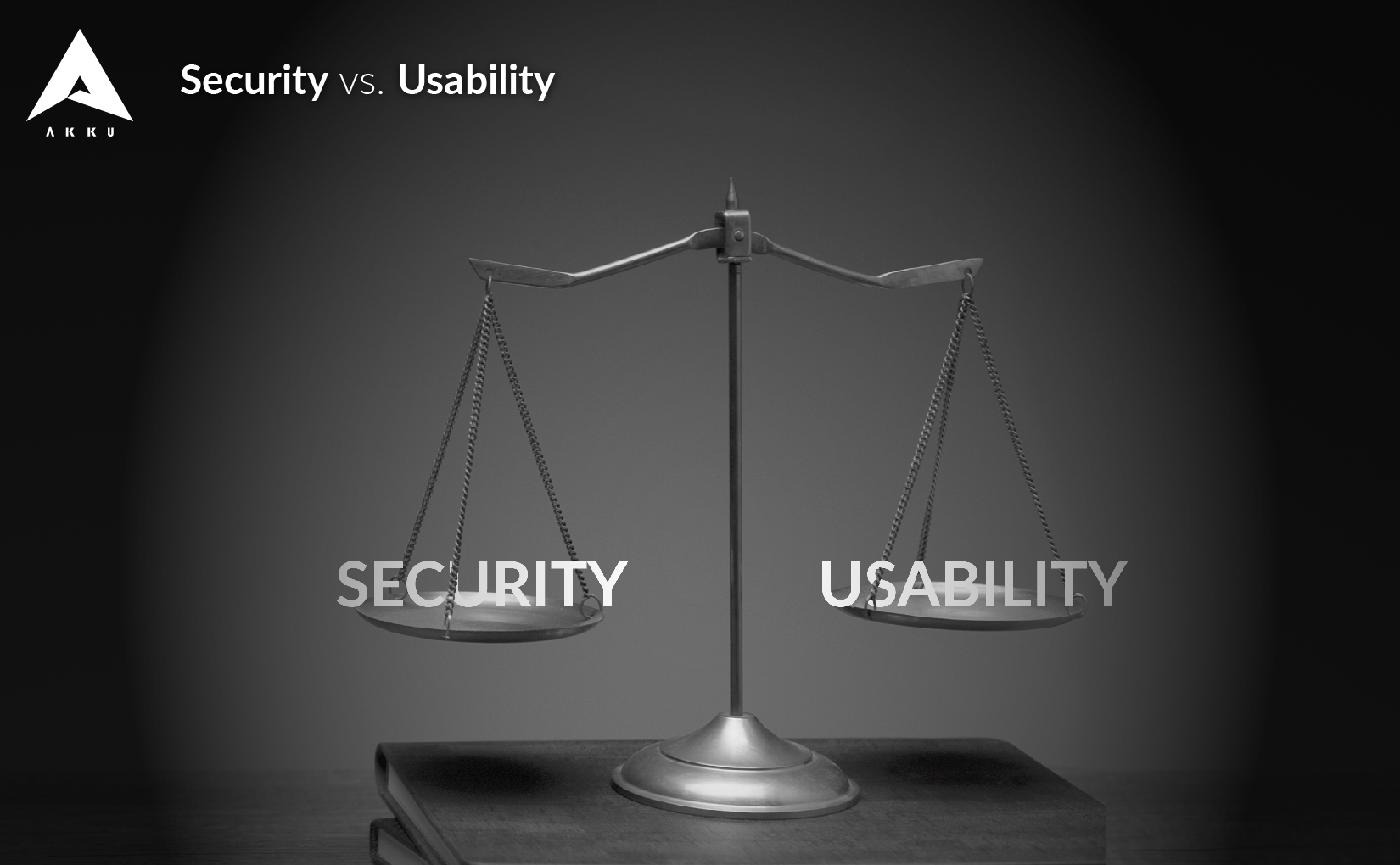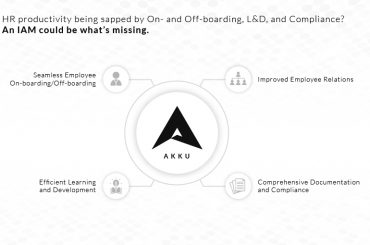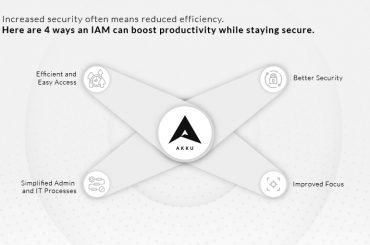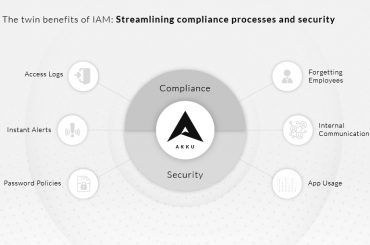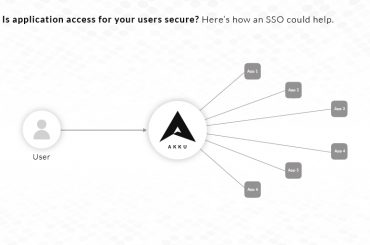Security vs. usability – the debate has been around for quite a while now. Which one would you prioritize? Would you consider convenience more important than security when it comes to the identity management of consumers? What are your users more inclined to? Is there a way to find a balance between the two?
Security
There’s no doubt that security needs to be a high priority in any login process, especially if one is dealing with applications containing personal data of users or business-critical data of the organization.
For instance, strong password policy is considered essential to security. However, the complexity of the password policy across multiple applications may drive users away because they are always forgetting their passwords or result in users resorting to unsafe practices like writing down their passwords.
The need for security is increasing by the day with the rise in intelligent hacking technology and the subsequent increase in cyber threats. Moreover, with data protection laws and compliance regulations also growing in stringency, security simply cannot be taken for granted anymore.
Usability
Usability of an application is directly associated with the user experience delivered to the user while accessing an application. Since usability appears to be a more tangible, relatable concept to end-users, there is a tendency for them to lean towards applications that seem more user-friendly.
For example, contactless credit/debit cards with no need for PIN or signature are becoming popular today, simply because of their usability. Although this is currently the case for smaller transactions, it still poses a risk to security if one’s card is misplaced! In keeping with this trend, if businesses prioritize security (and they must) but compromise on usability, then they tend to lose out on users and on business. There are also several instances where users have tried to bypass security measures or find ways around them for the sake of convenience.
This is why, when it comes to an application login process, users prefer passwordless access enabled through OTPs or biometric aspects — where they will not have to remember a long, complex password.
The Fine Balance
In short, finding the balance between the two is important. Security must enable better business and not hinder it. For this, security needs to be built in with usability to provide users a positive user experience while using the application. This idea has led to the concept of “security by design”.
In a development model that follows this concept, security features are built-in and not considered as an add-on for the latter part of the process. It is recommended that security becomes an integral part of sprints in the planning, design and implementation phases. However, to achieve this, it is important for security experts to have design knowledge and design experts to have an understanding of security. With multi-faceted DevOps teams working together on a development project, it becomes easier to combine the knowledge of both security and design aspects and combine them intelligently in the application.
Security and Usability – Akku
When it comes to businesses that use multiple applications, there is usually a combination of on-premise, SaaS and custom-built applications. While some effort can be made to pick and choose the kind of applications that combine security and usability, it may not always be possible to find the balance in all applications.
That’s where, Akku – the identity and access management (IAM) solution from CloudNow, comes in. Akku ensures security at the login phase with features that include strong password policies, multi-factor authentication and more, without compromising on usability. And because Akku easily integrates and acts as a common identity provider (IdP) across on-premise and cloud-based applications, users need to remember only one set of credentials and can log in to all applications simultaneously through one convenient sign-in process.
Interested to know more about how Akku combines security and usability, not only for end-users but also for administrators, book a free demo today!

